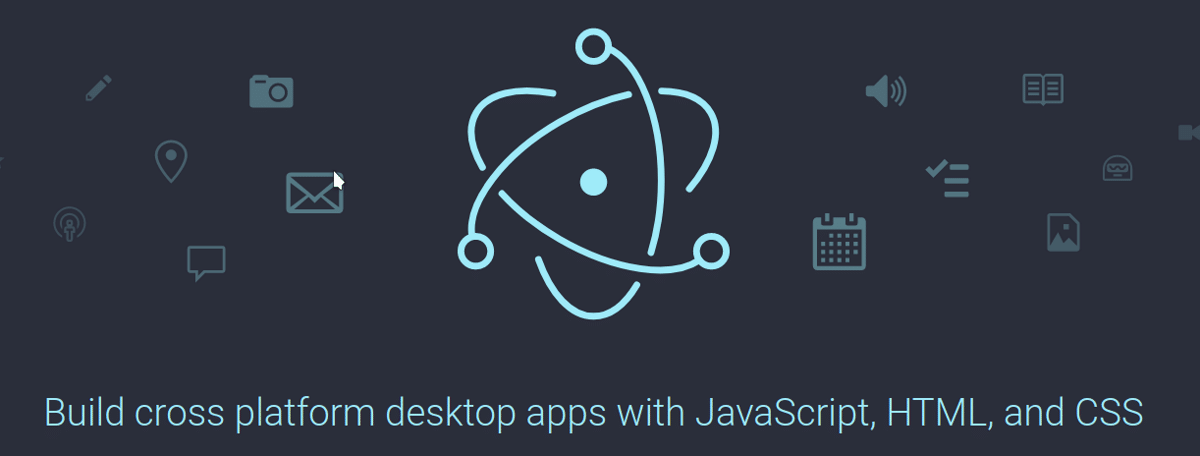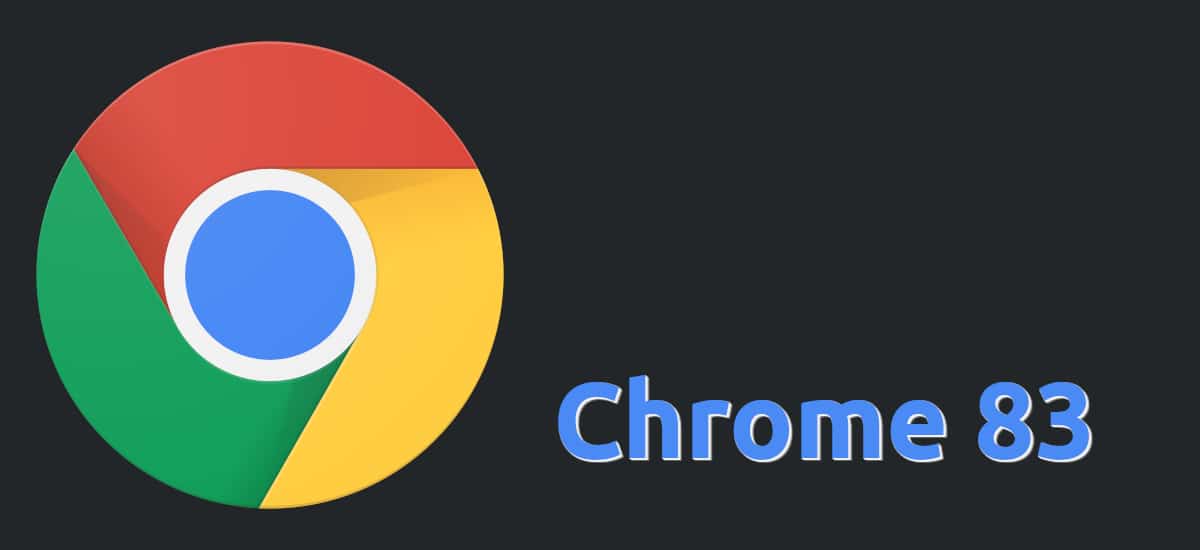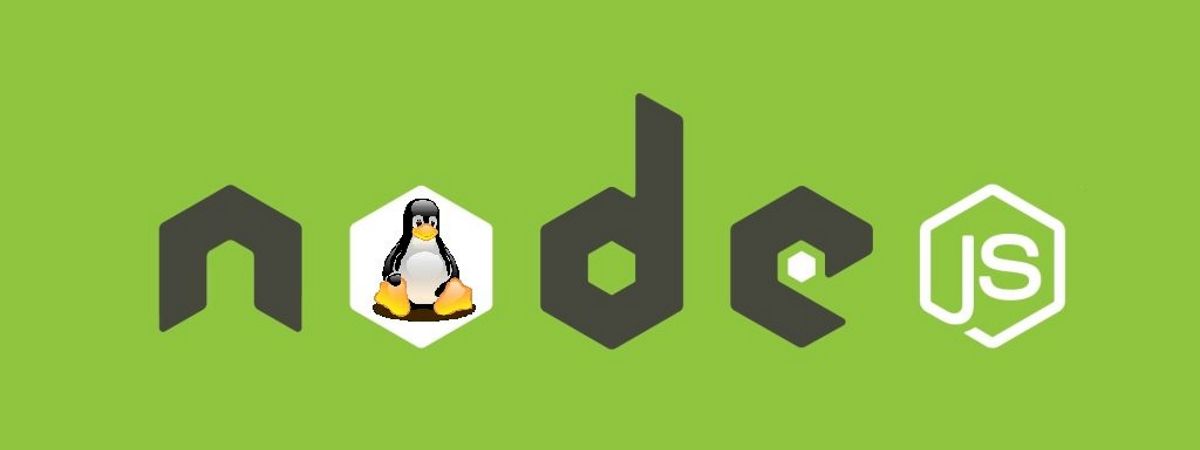
The launch of the new version of the platform was announced electron 9.0Which comes with various bug fixes, improvements, new features and also the update to Chromium 83 codebase, Node.js 12.14 platform and V8 8.3 JavaScript engine. The main new features in this version include the improved efficiency of the window event handler in Linux, the PDF viewer has been enabled, and more.
For those unaware of Electron should know that it is a cross-platform desktop application framework that uses web technologies, whose logic is determined by JavaScript, HTML and CSS and the functionality can be expanded through the plug-in system. It is developed by GitHub and is based on C ++ development.
Electron's core components are Chromium, Node.js, and V8. The infrastructure is coded in Node.js and the interface is based on the Chromium tools, the open source part of Google Chrome. LNode.js modules are available for developers, as well as an advanced API to create native dialog boxes, integrate applications, create context menus, integrate with the notification exit system, manipulate windows and interact with the Chromium subsystems.
Unlike web applications, Electron-based programs come in the form of self-contained executable files that are not linked to the browser.
In this case, the developer does not need to worry about porting the application for various platforms, Electron will provide the ability to build for all Chromium compatible systems. Electron also provides tools to organize automatic delivery and installation of updates (updates can be delivered from a separate server or directly from GitHub).

What's new in Electron 9.0?
In this new version of the framework, in addition to highlighting the update of its components (as we already mentioned at the beginning) end of support for 6.x branch is mentioned in the announcement, so any application that is built on it, it is recommended that the update be made to a stable branch and on the other hand the start of work on the next version 10.0 is also highlighted.
Other changes are also highlighted, such as the default setting app.allowRendererProcessReuse which is already enabled by default. This configuration does not allow loading in the rendering process of native modules context sensitive.
In IPC, between the main process and the representation process, The Structured Clone Algorithm used in the V8 engine is used to clone complex JavaScript objects. Compared to the previously used data serialization mechanism, the new algorithm is more predictable, fast, and functional.
When moving large buffers and complex objects, the new algorithm is approximately twice as fast with virtually unchanged delays in transmitting small messages.
It also stands out in this new version, that spell checking capabilities have been expanded and a API to maintain custom word lists in the dictionary.
In the version of the framework For the Linux platform, window related event processing has been improved.
And that the following APIs are now deprecated or removed:
- shell.openItem The API is now depreciated and replaced by an asynchronous shell.openPath API.
- .getWebContents, which was deprecated in Electron 8.0, is now removed.
- webFrame.setLayoutZoomLevelLimits, which was deprecated in Electron 8.0, is now removed.
Finally, if you are interested in knowing more about it about this new version of the framework, you can check the details in the following link.
How to get Electron on Linux?
For those who are interested in being able to run applications and / or be able to work with Electron within Linux, We only have to have Node.JS installed on the system and its NPM package manager.
To install Node.JS on Linux, you can visit the publication where we speak about the new version of Node.JS and at the end of it you will find the installation commands for some of the different Linux distributions.
